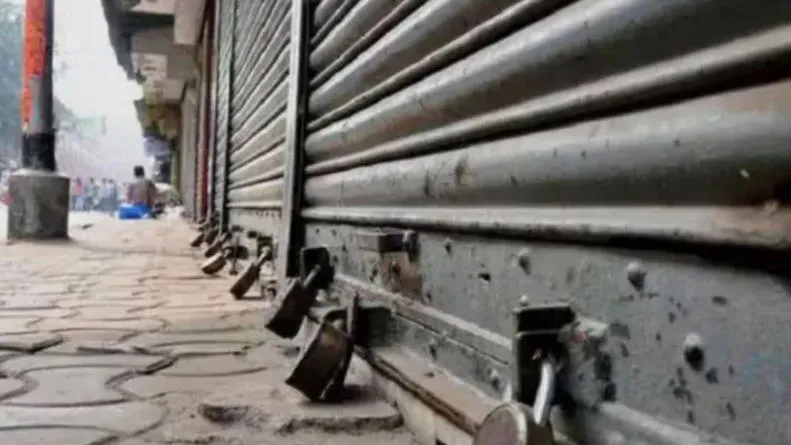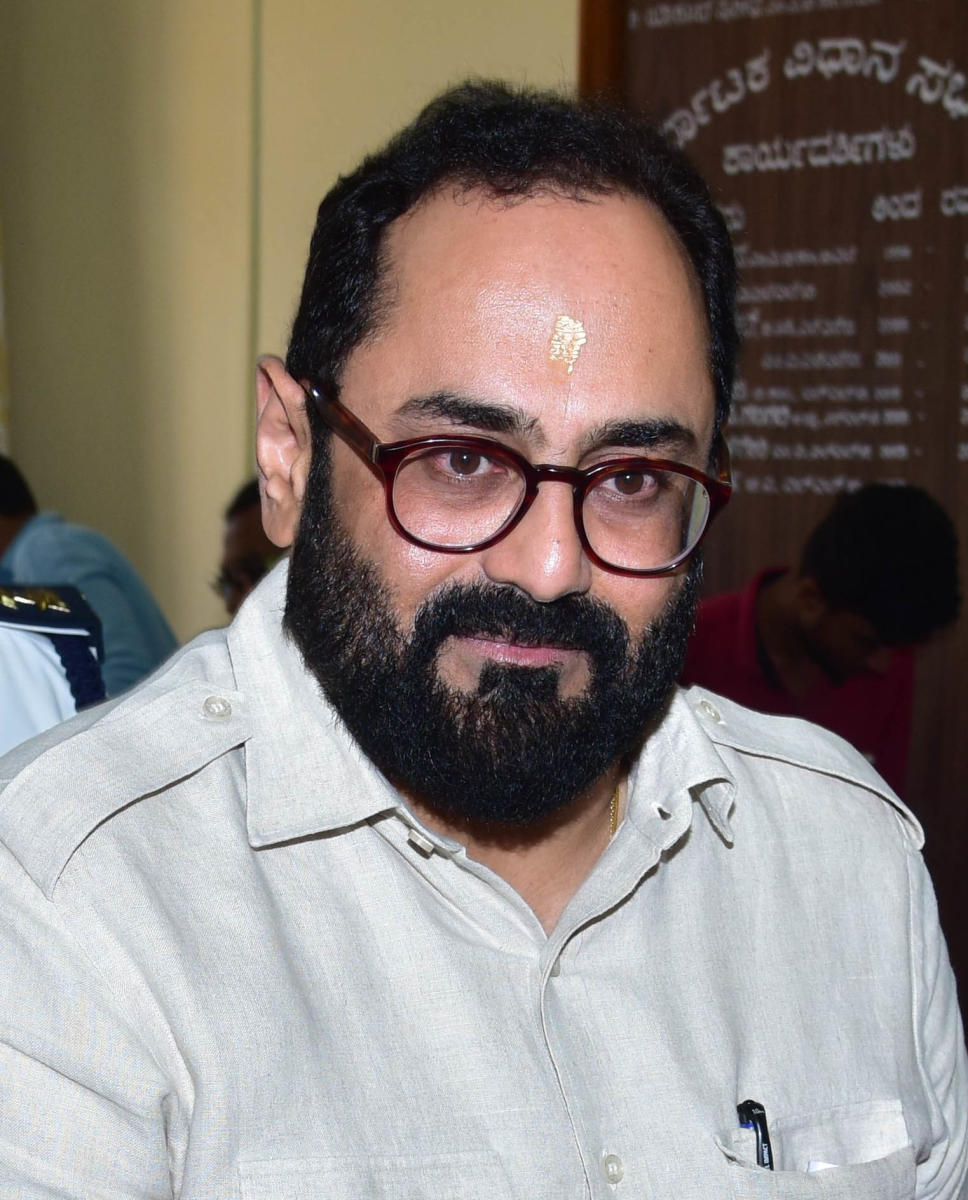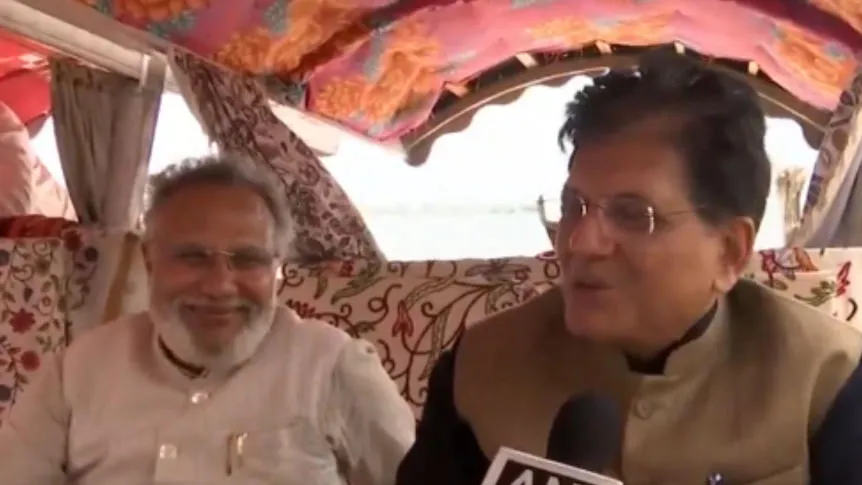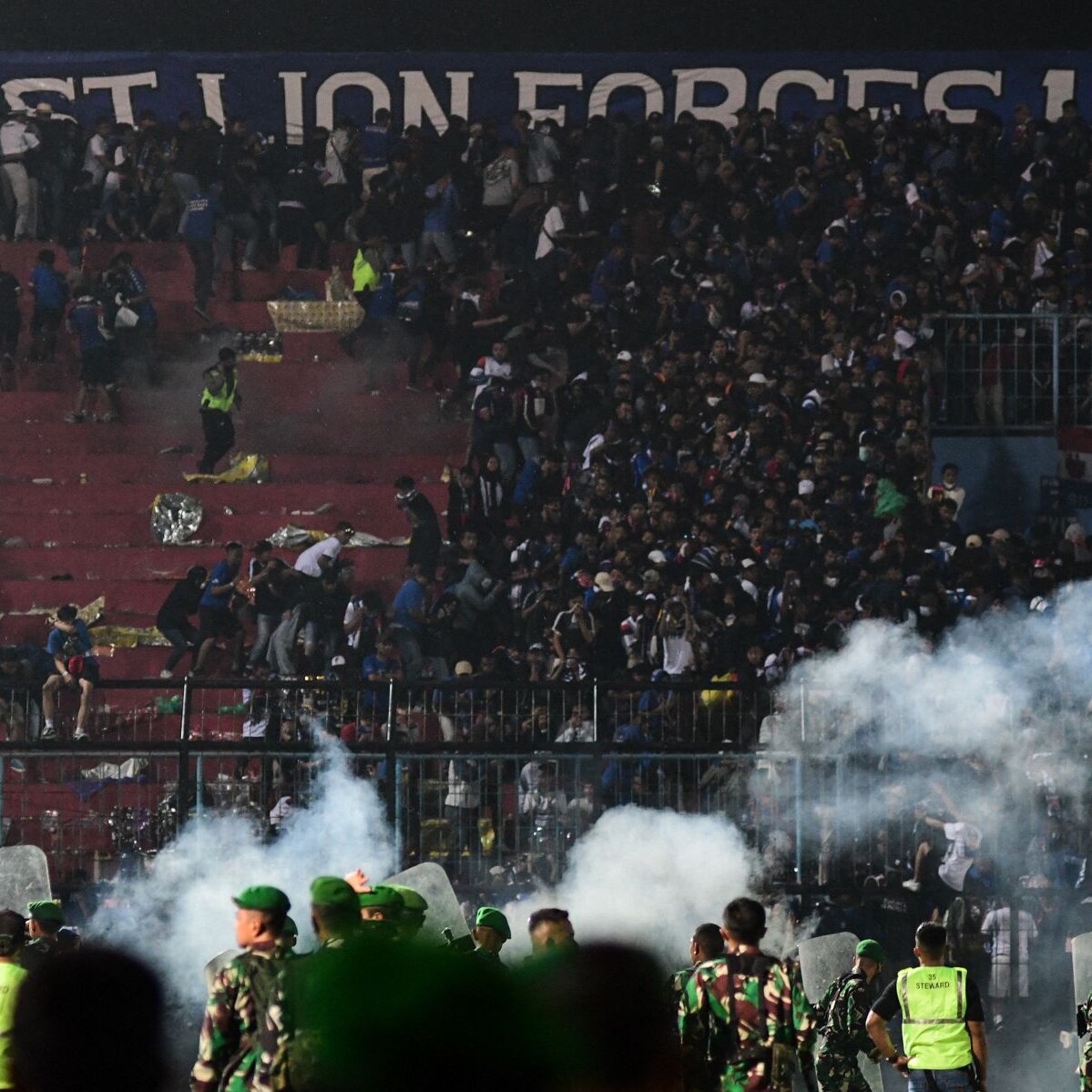NEW DELHI: The governing bodies of colleges under the Delhi government have remained dysfunctional for several years, creating a vacuum that has hampered the smooth functioning of these institutions. Despite repeated appeals over time to revive and make these bodies operational, no significant progress had been made until now. However, the newly formed BJP-led Delhi government is reportedly taking the matter seriously and is planning a complete overhaul of the governing councils within the next two months. The goal is to restore functionality and ensure that these bodies can take key decisions essential for the effective management of the colleges.
A senior BJP leader told The Sunday Guardian that the Delhi government intends to reconstitute the governing councils in the coming two months. According to him, the new councils will include members from diverse professional backgrounds such as engineering, medicine, law, environmental science, and social work. This approach marks a departure from the previous administration, which, he claimed, predominantly appointed individuals who aligned with their ideology—primarily journalists. Officials from the education department also confirmed this and said they are working on it.
It is worth noting that during its first term, the Aam Aadmi Party appointed 27 journalists to the governing bodies of 28 colleges funded by the Delhi government and affiliated with Delhi University. This move sparked concerns and debates about the criteria used for these appointments. Although these positions are honorary and not salaried, members still wield considerable influence over college affairs.
A professor, speaking on condition of anonymity, pointed out that many of these journalists regularly cover AAP in major newspapers and strongly defend the party in televised debates. This, he argued, raises legitimate questions about potential conflicts of interest in their dual roles. Notably, the governing body of a Delhi government-funded college typically comprises six members nominated by the Delhi government, six members from Delhi University, two faculty representatives from the respective college, and the principal, who serves as an ex-officio member.
Among these members, a Chairperson is elected to assist the principal in the smooth administration of the college. However, due to an ongoing power tussle between the Delhi government and Delhi University, many of these governing bodies have not been constituted, leading to serious disruptions in the functioning of the colleges. According to sources, the primary reason behind this dysfunction is the Delhi government’s insistence on conducting audits of these colleges—particularly regarding the use of student fees—which led to disagreements.
In response, some college members approached the courts, resulting in a legal deadlock that has stalled the formation and functioning of these bodies ever since. Speaking to The Sunday Guardian, Prof V.S. Negi, former EC member of the University of Delhi, explained that the stalemate on the governing body issue and funding of Delhi government colleges has had far-reaching consequences. Due to the clash over governing body formation in 12 colleges, the previous Delhi government withheld essential funding, crippling the colleges’ operations. Those most badly affected are the ad-hoc teachers.
While other DU colleges completed 5,000 appointments to teaching posts, these 12 colleges are still awaiting the start of the permanent appointment process. Development and infrastructure projects have come to a standstill, and no new initiatives have been undertaken in recent years. Even basic financial obligations—such as medical reimbursements for staff—have been delayed due to lack of funds.
Teachers have faced irregular salary payments, with many receiving only partial disbursements. Negi added that resolving this long-standing issue is a significant challenge for the newly formed BJP-led Delhi government. He emphasised the urgent need to reconstitute the governing bodies and fill the administrative vacuum left by the previous government in order to restore normalcy and ensure the colleges function smoothly once again.





















